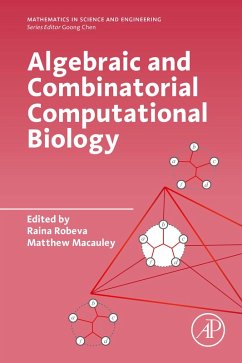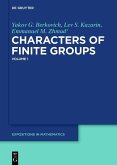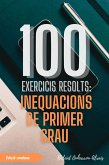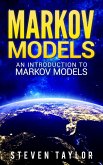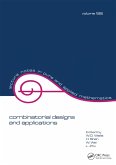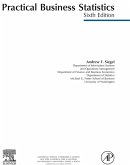Algebraic and Combinatorial Computational Biology introduces students and researchers to a panorama of powerful and current methods for mathematical problem-solving in modern computational biology. Presented in a modular format, each topic introduces the biological foundations of the field, covers specialized mathematical theory, and concludes by highlighting connections with ongoing research, particularly open questions. The work addresses problems from gene regulation, neuroscience, phylogenetics, molecular networks, assembly and folding of biomolecular structures, and the use of clustering methods in biology. A number of these chapters are surveys of new topics that have not been previously compiled into one unified source. These topics were selected because they highlight the use of technique from algebra and combinatorics that are becoming mainstream in the life sciences. - Integrates a comprehensive selection of tools from computational biology into educational or research programs - Emphasizes practical problem-solving through multiple exercises, projects and spinoff computational simulations - Contains scalable material for use in undergraduate and graduate-level classes and research projects - Introduces the reader to freely-available professional software - Supported by illustrative datasets and adaptable computer code
Dieser Download kann aus rechtlichen Gründen nur mit Rechnungsadresse in A, B, BG, CY, CZ, D, DK, EW, E, FIN, F, GR, HR, H, IRL, I, LT, L, LR, M, NL, PL, P, R, S, SLO, SK ausgeliefert werden.

